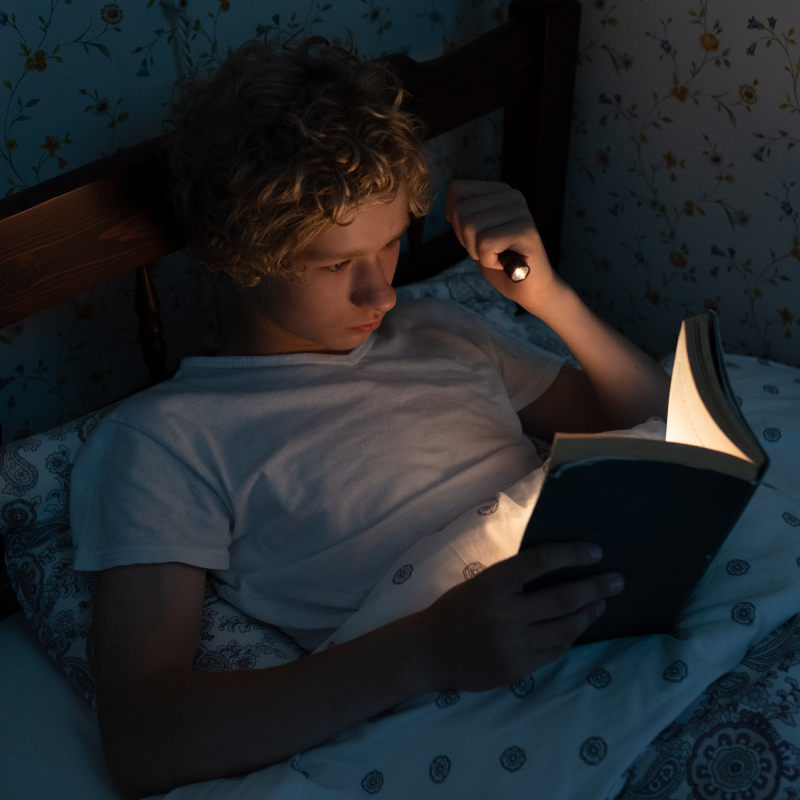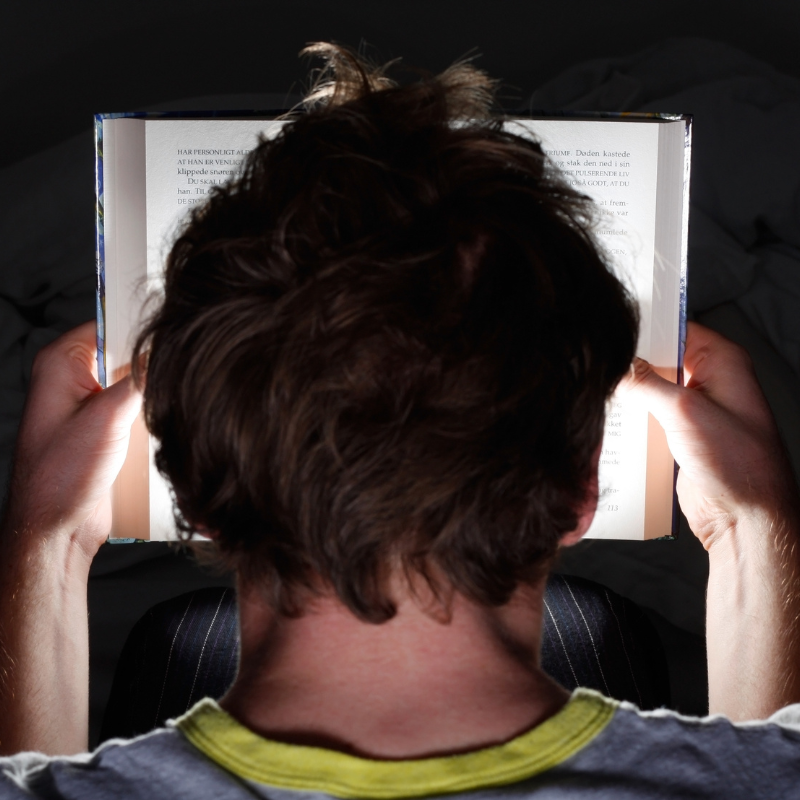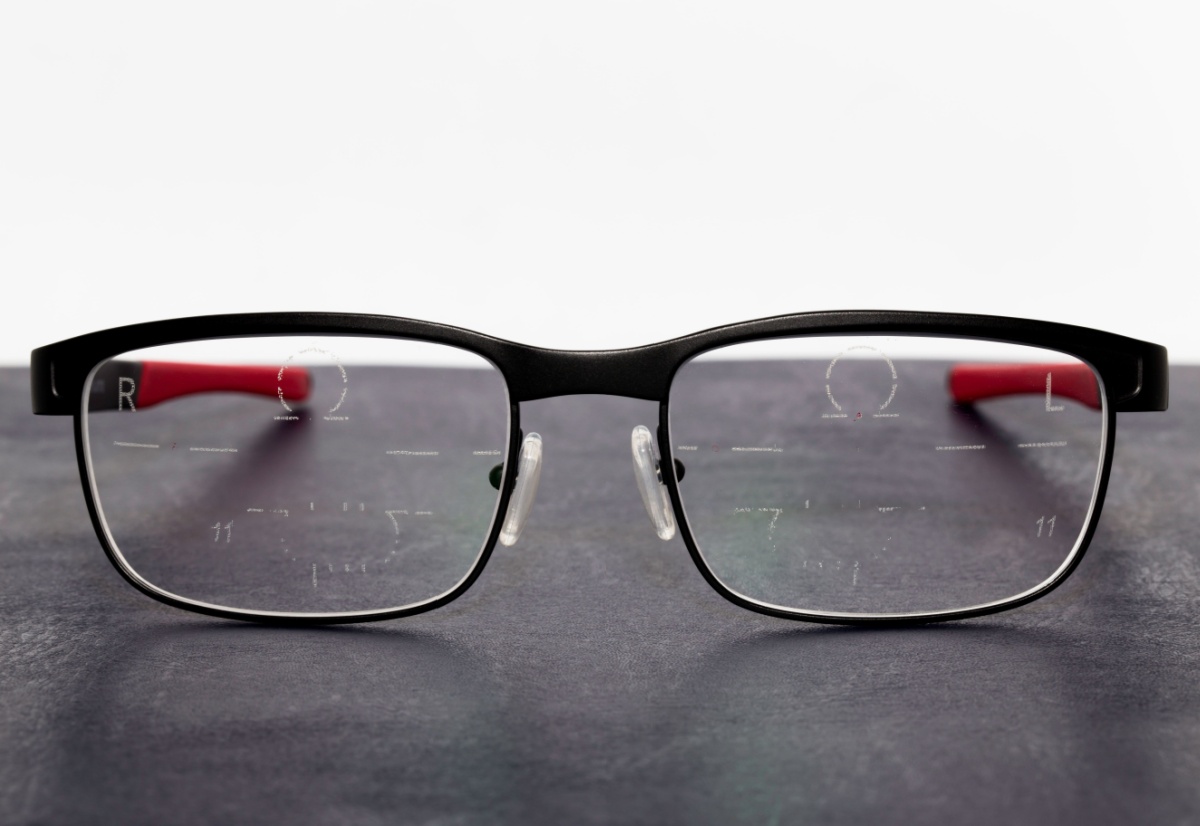Many people have been told that reading in the dark can hurt their eyesight. But this is not true. It might make your eyes feel tired or sore, but it won’t cause long-term damage. Still, there are things you can do to keep your eyes healthy while reading.
The science behind how our eyes work.
To understand the impact of reading in the dark on our eyesight, it’s important to understand how our eyes work. Our eyes contain two types of cells: rods and cones. Rods are responsible for detecting light and dark, while cones are responsible for detecting color. In low light conditions, our eyes rely more on rods than cones, which can cause eye strain and fatigue. However, this strain is temporary and does not cause permanent damage to our vision.
The impact of reading in low light conditions.
Reading in low light conditions can cause eye strain and fatigue, but it does not cause permanent damage to our vision. The strain is temporary and can be alleviated by taking breaks, adjusting the lighting, or using a reading light. However, if you already have an existing eye condition, such as nearsightedness or astigmatism, reading in low light conditions can exacerbate your symptoms and make it more difficult to see. It’s important to take care of your eyes and seek professional advice if you have any concerns about your vision.

Tips for reading in low light without damaging your eyes.
While reading in low light conditions may not cause permanent damage to your eyesight, it can still cause eye strain and fatigue. To minimize these effects, try using a reading light or increasing the ambient lighting in the room. Take frequent breaks to rest your eyes and avoid staring at screens for extended periods of time. If you have an existing eye condition, consult with your eye doctor to determine the best course of action for reading in low light conditions. Remember to prioritize your eye health and take steps to protect your vision.
Other factors that can affect your eyesight.
In addition to reading in low light conditions, there are several other factors that can affect your eyesight. These include genetics, age, diet, and lifestyle habits such as smoking and excessive screen time. It’s important to prioritize your eye health by getting regular eye exams, eating a balanced diet rich in nutrients that support eye health, and taking breaks from screens to rest your eyes. If you notice any changes in your vision, be sure to consult with your eye doctor.


The importance of regular eye exams.
Regular eye exams are crucial for maintaining good eye health and detecting any potential issues early on. Even if you don’t wear glasses or contacts, it’s recommended to have an eye exam every two years. If you have a family history of eye problems or any existing eye conditions, your eye doctor may recommend more frequent exams. During an eye exam, your doctor can check for signs of eye diseases, assess your vision, and provide recommendations for maintaining good eye health. Don’t neglect your eye health – schedule your next eye exam today.



